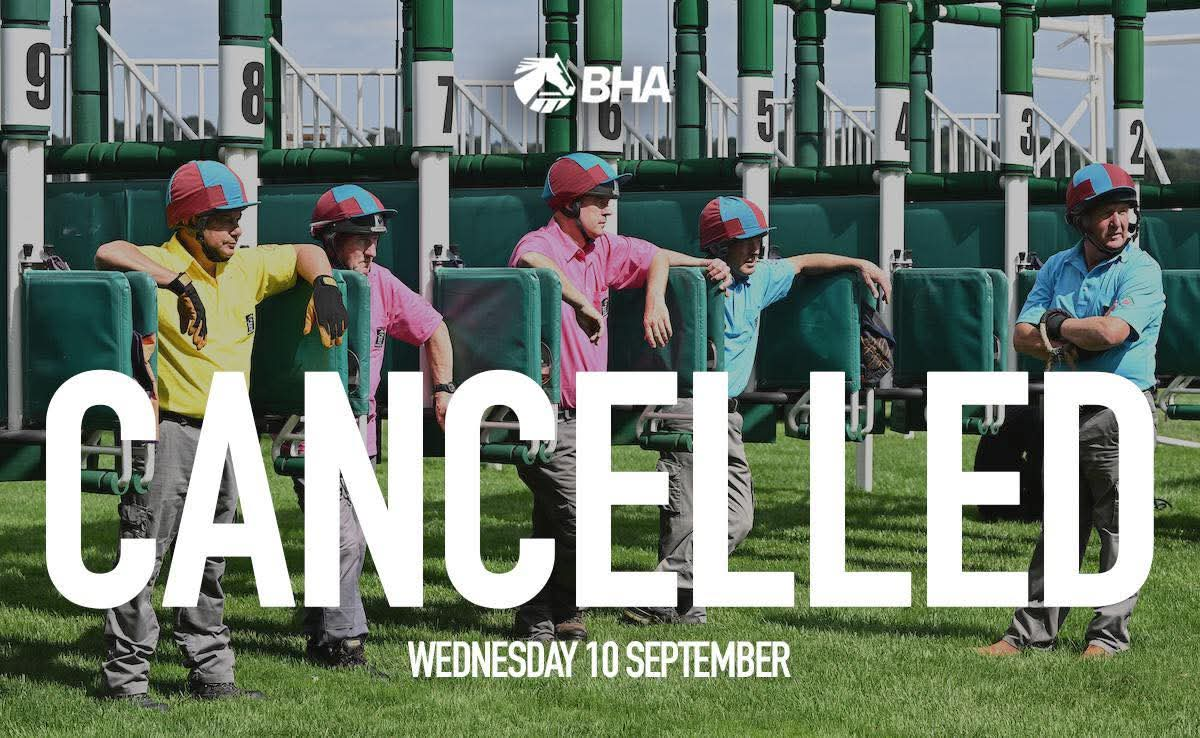Axe the Racing Tax: Fixtures Cancelled Ahead of St Leger
Four scheduled meetings—Lingfield Park, Carlisle, Uttoxeter and Kempton Park—will not take place on 10 September and will be rescheduled. The date falls on the eve of the four-day St Leger Festival at Doncaster. Racing typically operates on 363 days each year; outside of weather, disease or national crises, the decision to halt fixtures is without precedent.
The protest is timed to precede the Autumn Budget and is backed by the sport’s governing bodies and stakeholders. The BHA says the Treasury’s plan—to align racing’s current 15% duty with the 21% rate applied to online slots and casino games by harmonising remote gambling duties—could inflict serious damage on the industry. More about the regulator can be found at the British Horseracing Authority website.
Economic and Social Impact
Economic analysis commissioned by the BHA projects a £330 million revenue hit across five years, with 2,752 jobs at risk in the first year alone if the duty is increased. British racing contributes around £4.1 billion annually to the UK economy, supports approximately 85,000 jobs, and attracts almost five million spectators each year.
Those jobs stretch far beyond the racecourse, encompassing stable staff, breeders, racecourse employees, media, hospitality, transport and rural industries that rely on the racing calendar. Communities in Newmarket, Lambourn, Middleham and beyond depend on the industry for employment and identity, while racegoers and tourists sustain local economies through regular fixtures and major festivals.
According to the BHA, operators would likely seek to offset higher taxes through price rises, reduced promotions, and cuts to advertising and marketing—pressures that could further strain a sport that is a major employer and year-round live attraction. The Government’s consultation on remote gambling duties can be found on the UK Government website.
Historical Context
Racing’s decision not to stage fixtures is extraordinary in context. British racing has paused only for external crises in modern times—severe weather, equine influenza outbreaks, or the COVID-19 pandemic. A voluntary shutdown driven by political policy is without precedent and reflects the industry’s deep concern about the tax plan. The symbolism of pausing the sport the day before the St Leger Festival, one of the crown jewels of the Flat season, underscores the seriousness of the campaign.
Leaders’ Statements and Westminster Event
Brant Dunshea, Chief Executive of the BHA, called the move “unprecedented” and urged the Government to rethink the proposal to protect the sport’s future. Jim Mullen, CEO of The Jockey Club, said the pause in racing is intended to prompt reflection on the potential harm to a sport in which Britain leads globally. Martin Cruddace, CEO of Arena Racing Company, warned that harmonising racing with online casino taxes poses an “existential threat,” while Paul Johnson, Chief Executive of the National Trainers Federation, described the cancellations as a “huge sacrifice” that underscores the jobs and community assets at stake.
On the day of the shutdown, senior figures from across the industry—owners, trainers, jockeys and officials—will attend a Westminster campaign event to set out the economic, cultural and community significance of the sport and the risks posed by the tax change.
As 10 September approaches, British Racing presents a united front behind Axe the Racing Tax, arguing that the proposed duty shift would undermine a cornerstone of the nation’s sporting and cultural life.
For more reporting and updates related to horse racing stay tuned to RaceBuzz.






